Born in 1964 in Alabama, Michael Benjamin has lived in California since the early Eighties and in the last fifteen years he has released a series of solid records, first on his own Jukehouse imprint, Bigtone and more recently on Little Village Foundation. A very gifted singer and lyricist, Mike is equally at ease with traditional blues and witty soul tunes, like “Fat Shame” or “Goodbye Tamika” on his latest album. We had the chance to talk with him about his own journey in music and life.
Do you think “Stuff I’ve Been Through” turned out a little different from the records you did in the past? Maybe more on the soul/blues side?
I just wanted to tell real stories…when I began writing and recording, I guess my influences come through, there’s no way around that. But I was mainly concentrating on the stories not much on what the songs would sound, because a song will find its own path and I just go along for the ride. And that’s what happened with this particular record.
Some of these stories are very personal, like the title track or “This Ain’t No Disneyland”.
Yes, you know, at the end of the day I feel like many persons don’t really tell their own stories and they don’t have creative control…So somebody else will have to tell it. I can put my stories on record and at the same time leave a legacy for someone to follow, other musicians, other people that are going through life. They don’t have to read a 100 plus page memoir! It’s more accessible, you know what I mean? I’ve got more stories because I’m still living and I try to listen to things that are more current, I don’t live in a box or in a bubble, my music should reflect reality. I do some creativity in there but not much.
It is grounded…
Yes, grounded in the truth. I understand what people do when they get involved in mainstream music…they really have no creative control. I’m blessed to have that. I’ve always invested my own money so I can have some form of control, at least writing some stuff. I’ve been writing songs since I started out, I always wrote at least 80% of the songs on any record with my name on it.
You put out some records on Jukehouse, that was your label and now with Little Village Foundation.
Yes, I feel that is the best place for me to be. I had a couple of offers, they wanted to give me money, but they wanted me to give up some…and I really was not interested in giving up anything, I want to do my own stuff. I don’t want to depend on nobody. Before I went to Little Village I had everything already done. We’re all friends with Kid and Jim Pugh, we worked on a project of mine I put out before.
“Upset The Status Quo”.
Yes, we all worked together on that one. But I didn’t give that record the attention it needed as I took off and started touring with another band…
That was Andy T’s band?
Yes. But that was my time to go, hit the road, see what it was like. I had a full time job, before I went on the road with Andy T.
You were a truck driver, right?
Yes and I was on a break with my job and it turned out I wasn’t able to go back because of an injury. So I was just trying to get out on the road and that was an opportunity for me to do that. It was a cool band, Anson Funderbugh was part of it, that was really good.
You recorded for other artists such as Diunna Greenleaf, Sonny Green, Billy Price…all of these session were done through Kid Andersen’s Greasland studio?
Yes and Junior Watson, Rockin’ Johnny Burgin…they give me a call me when they need a vocal or something or when I’m just hanging around. John Nemeth, I never knew John was there, but Kid called me and said, “Hey man, we’re doing this album to support John Nemeth and so on…” I rolled up to the studio and there it was. We’re pretty close with Kid.
Gospel is a big part of you, your father sing it, back in Alabama, have you ever thought about doing a gospel record?
I haven’t done a full recording yet, but I’d love to. I have been chatting about it with a local group that is also on Little Village Foundation, The Sons Of The Soul Revivers, they’re really popular around. That’s how things start, you got to talk about it first and then the opportunity comes. As a kid my mom was the main driver in that situation, she was the one who rehearsed us and said we was gonna be a group, singing kids. For a couple years we did that.
What kind of music did you listen to back then? Soul / blues?
No, basically I listened to soul blues only later, in the mid Seventies when I moved, because my mom and dad they didn’t play to that kind of music around the house. It was gospel, traditional quartet music…They might have played a little Sam Cooke or something like that, his pop stuff, but that’s as far as they went with playing pop music. It was always gospel. On the radio, as a kid…I still remember the shows like Fairly Season or Gospel Cavalcades…that was good stuff. When I moved in the mid-Seventies, that’s when I started to develop and learn other facets of life. I was from a rural part, never close to a city. But then in the projects everybody lived right on top, door to door…you could hear what was going on over there, they have parties and beer drinking, shooting dice, they would play music and I used to hang around with my friends and their parents, they were not holy so they listened to southern soul style. We had a store in front of the projects where they sold 45s, Lps and stuff. That’s how I learn about it, I would listen to records of William Bell, McKinley Mitchell, Johnnie Taylor, Z.Z. Hill…
You were in the Navy for some time and then moved to California. How did you get into the blues scene in there?
I think when I moved to that part of California blues was struggling, there was nobody really popular but B.B. King, everybody else was small potatoes…It all came real to me when I started listening to Lightnin’ Hopkins and I wanted to learn more and more about him. There was a place in Berkeley called Leopold, I went there and I bought every Lightnin album there was, I just could not get enough of his storytelling, it wasn’t about his guitar, I loved his style, but it was the stories. I got deeper in that, then I got into Elmore James and started listening to the music. There was a place in Richmond, California, in the early Eighties called Little Ricky’s, near the south side where I used to live, there was a lot of blues around. There was a guy who played harmonica and guitar in the style of Jimmy Reed, with a rack, his name was Maurice McKinnie. I used to go see him on the weekend. I just fell in love with the music. But I didn’t know any scene. Oakland had a scene that I knew nothing about. I was not trying to be a blues artist, just be around the people, fall in the crowd, I just wanted something different than what I was doing. And the people around the music were really cool, a lot of older people and they were laid back, so I said to myself I dig this, it was fun and the music was good. That’s how I met PeteMcGill. We just hang out and through him I met more people. Wherever he was he put me on the stage with him.
I started to hang out at jams but I wasn’t trying to be no star, I had a job and I was not planning to leave it. And it seemed that everybody else at my level was proud to have a job too, because they were not getting much from playing the blues. I can’t get away from my job, I got a family, I got kids, I can’t do this, I thought. But then I met Fillmore Slim, Jimmy McCracklin, Jackie Payne…everybody around the Oakland scene. That’s how I got known. I’m still trying to do that, no matter what. It took a little time but I’ve just began to do it full time. Sometime I use pick up band on the road, but I like to play with the guys I work with. The Mighty Revelators and The Greaseland All Stars, those are the main bands I play with.
How did you find out you could write your songs?
It’s true, like we said before, you can listen to some people music and still don’t know who they are. Some people have folks writing songs for them and they only write songs that people might like. I’m proud to be on this label because they did not fight with me about what I do, that’s what I like. I’m not a musician.You know people ask me how do you do that, you don’t play piano or guitar, how do you write songs? I tell them I have lots of stories, not necessarily a song, but I can write three or four songs in one sitting, depending on the space I’m in. I try to develop a melody in my mind and I also think about different things I like that I want to add. And when I translate that to the musicians I use, I give them freedom, they create that stuff, their feeling…it’s a collective process really. I sing it but I respect what they say. Some songs took quite a while to really put together. “Fat Shame”, we did during Covid. I got motivated when I’ve seen that for some people it was drama, they have not been through anything like that in their lives and food became a comfort for them. I got two brother who are struggling with obesity, but I think you need to just change your attitude, in any type of recovery.
What about the harmonica, you started to play it later on, not in your teenage years.
Oh no, I started to teach myself harmonica when I was fortysomething years old! And I’m still teaching myself, but I’m OK with that. I can put myself in my own songs, I play what I feel. I’m not a musician but I can feel it, just like I can feel when something’s not right in the band. I like Sonny Boy Williamson II, Junior Wells, Sonny Terry, Jimmy Reed I like him, he’s great for his thing, Howlin Wolf is the same way, he played what he felt, he was not trying to be no Sonny Boy. No technicalities. I love Little Walter’s stuff, he’s never been touched, I know a lot of people think they can play like Little Walter, but they don’t. There’s only one Da Vinci, one Picasso, one Jimi Hendrix…you might get close but you’re still not him. I admire Rick Estrin, Charlie Musselwhite or Billy Branch, guys I was able to learn stuff by watching them, guys who are around now and they’re doing really a good job. Mark Hummel, Jerry Portnoy…people I have access in real time. They’re cool guys and they got a lot of signature licks.
You have been to Europe with the Soul Shot band, not yet in Italy.
I’d like to come, but I haven’t had any offer yet, I know the Porretta Soul over there and other places. But everything comes in its time and if it comes I’ll be grateful and I’ll do my best. I feel people get lost in the struggle to try to be a superstar in a genre that don’t allow for many superstars. I’m here for a deeper purpose, being a star might not be for me, but I’d like to have the opportunity for people to know who I am and that I spread love and good will.
Matteo Bossi


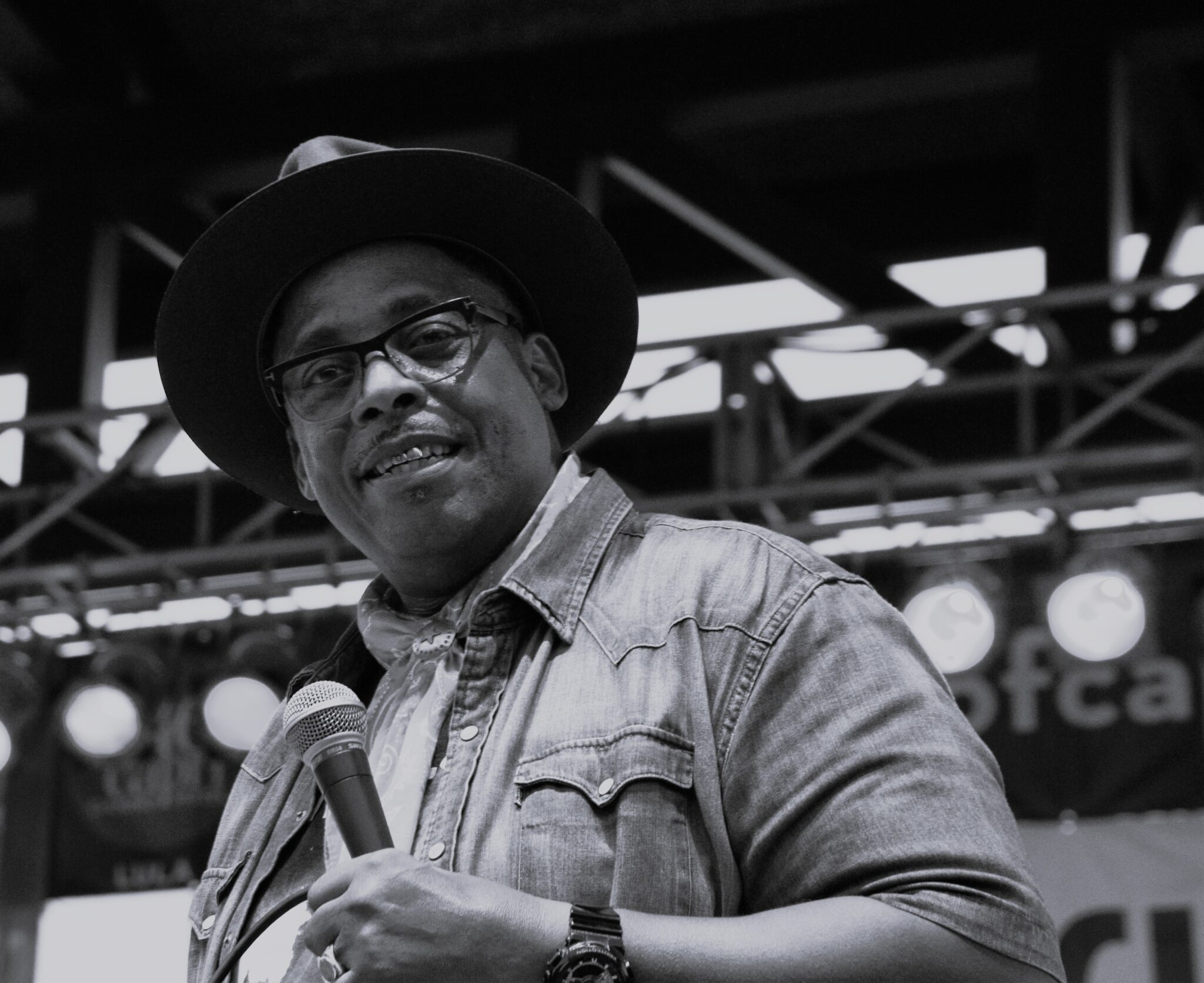
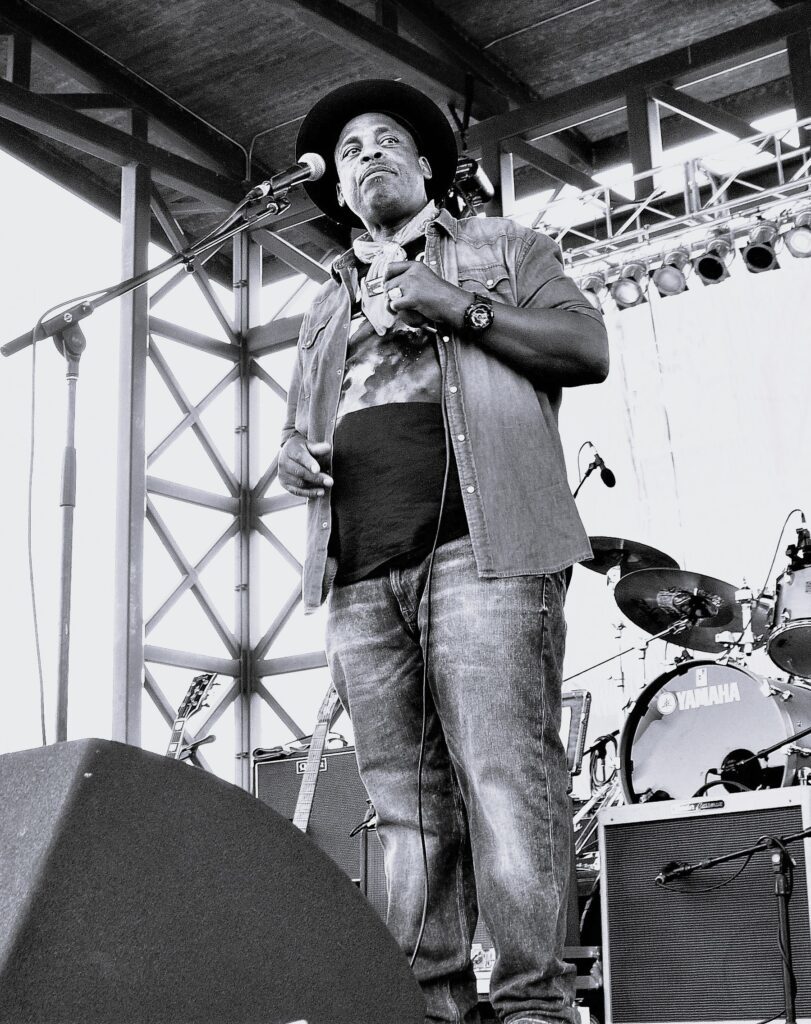
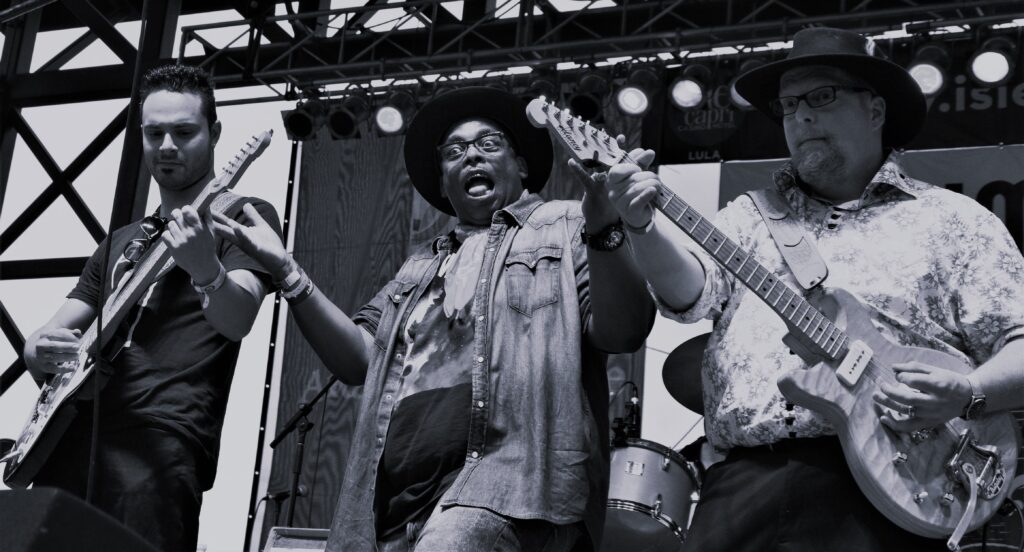





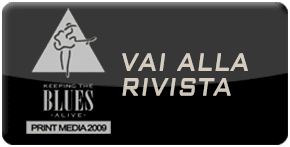
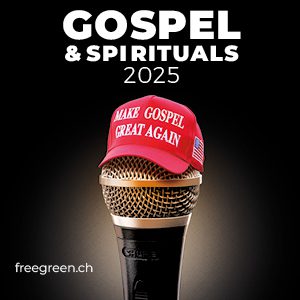
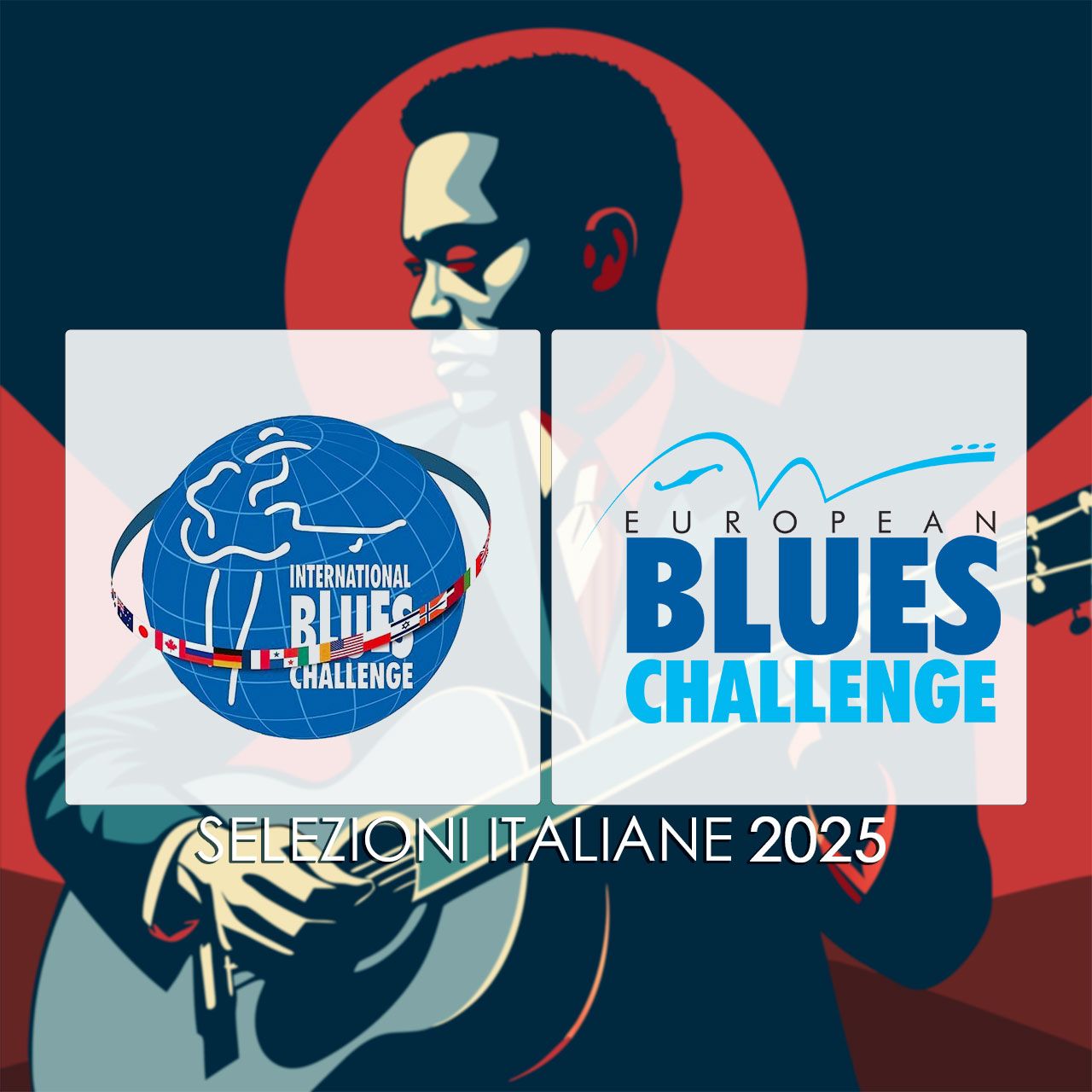
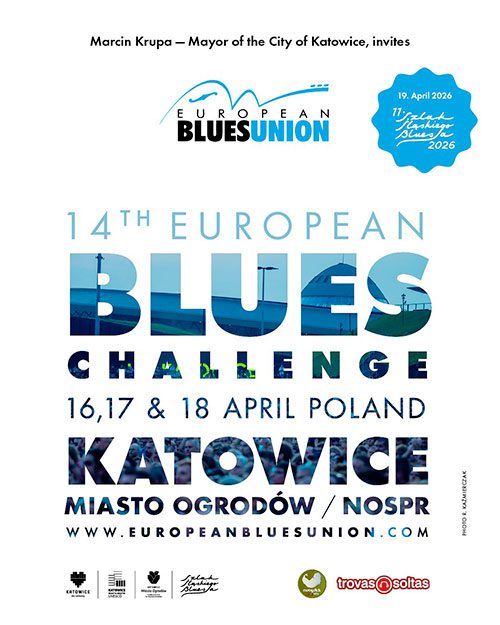
Comments are closed